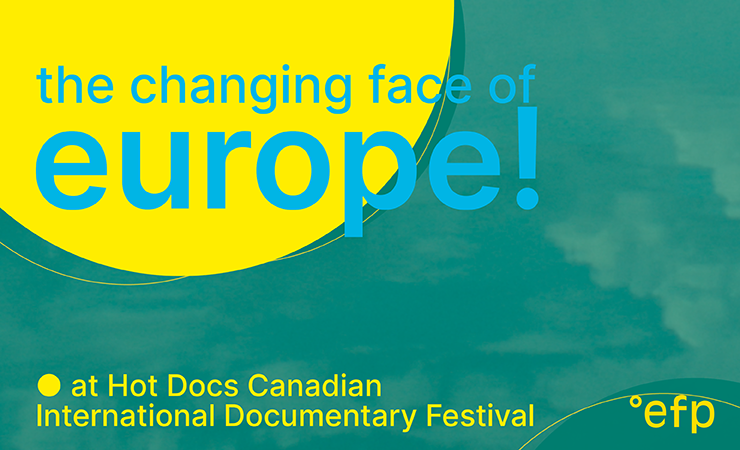
In My Memory is Full of Ghosts, selected for Visions du Réel International Competition, feature debutant Anas Zawahri invites seven residents of the shattered Syrian city of Homs to reflect on their lives and relationship with their city.
The film’s subjects, both female and male, are rarely named, and their testimonies are both dramatic and moving, at times highly lyrical.
“I passionately love Homs, but it’s a one-sided love,” says one female witness. “I’m doing my role, but it’s not doing its role.” The city was “mistreated,” she adds with evident understatement, and “marginalised” together with its people and its youth. “It endured a lot, suffered a lot, and so did I.”
A male resident opines how it is no longer a “a city of laughs.” Now the social life is “drowning in agony and grief.”
For another man, Homs is his best friend. “She always inspires me, motivates me…when I’m in a crowded place, I miss her company.”
The film then presents a series of graphic stories and experiences, such as the blind man who was on the bus when it arrived at a newly bombed neighbourhood. “This was the only thing I could feel, the roads’ destruction [and] the people’s tears all around. I was the strongest of them because I couldn’t see anything,” he recalls.
A young woman laments her father who was caught in gun cross-fire between two parties in dispute. The killer would never be prosecuted, she says, but she could sue his family. It is an opportunity she refuses, opting instead to feel sad for “what is left” of the past.
Another woman tells of how she felt a sixth sense to return to her mother’s house. On arrival she found her dead, but the local men who almost immediately congregated were suspicious of her, despite the crime having been committed (it transpired) by two young teens demanding money. The daughter left the house “dreamless and shattered” and has chosen to be homeless ever since.
The one person whose name we hear (Elias) is a former soldier whom we see tending an olive grove. He tells of the moment when he turned his back on military life, when a piece of shrapnel severed an artery in the leg of a fellow soldier, who bled to death as he recited the Shahada (a profession of faith). “It was a brutal moment…you wish you didn’t exist,” says Elias.
Another man rages at God. “It might be for the good…I hope that it is for the good. I’m not sure of it,” he says of God’s works, adding of the despair he sees around him, “what we’re living with today is much worse that the war itself.”
Director Anas Zawahri explains how his film “explores the idea of disclosure as a way to confront repressed emotions and heal from internal wounds that have not yet healed.”
“It searches through people’s memories for the stories they experienced during the years of war and examines the psychological and physical effects on their social, economic, and political lives. The individuals share their personal tragedies to prevent their stories from being forgotten over time and to uncover the hidden truth in order to challenge the prevailing narrative,” he adds.
Theirs is a world defined by “waiting, patience, and a range of emotions including fear, anger, sadness, loss, longing, and alienation. The film also explores the ways in which the characters psychologically survive in the face of stifling social and economic conditions. Additionally, it attempts to understand the strong relationship between the people and the city of Homs, which embraces their pain and dreams.”
Is there any sense of optimism in the film? Yes, argues director Zawahri, who retains a firm belief in, and love for, the people of Homs, if not for the city’s (and the country’s) controlling authorities. “They can transcend what happened,” he tells Business Doc Europe of his fellow Syrians.
He adds that he no longer anger towards Homs. “After the film, it’s like making a new relationship with the city, like a rushing love,” he says. “We have toxic relationships with cities much as the same relationship with our lovers. After this film, I don’t have that.”
At heart, the film reflects the “inner self” of the city, namely its inhabitants, the director adds. “My film is a love poem for the people of Homs and their phantoms.”










